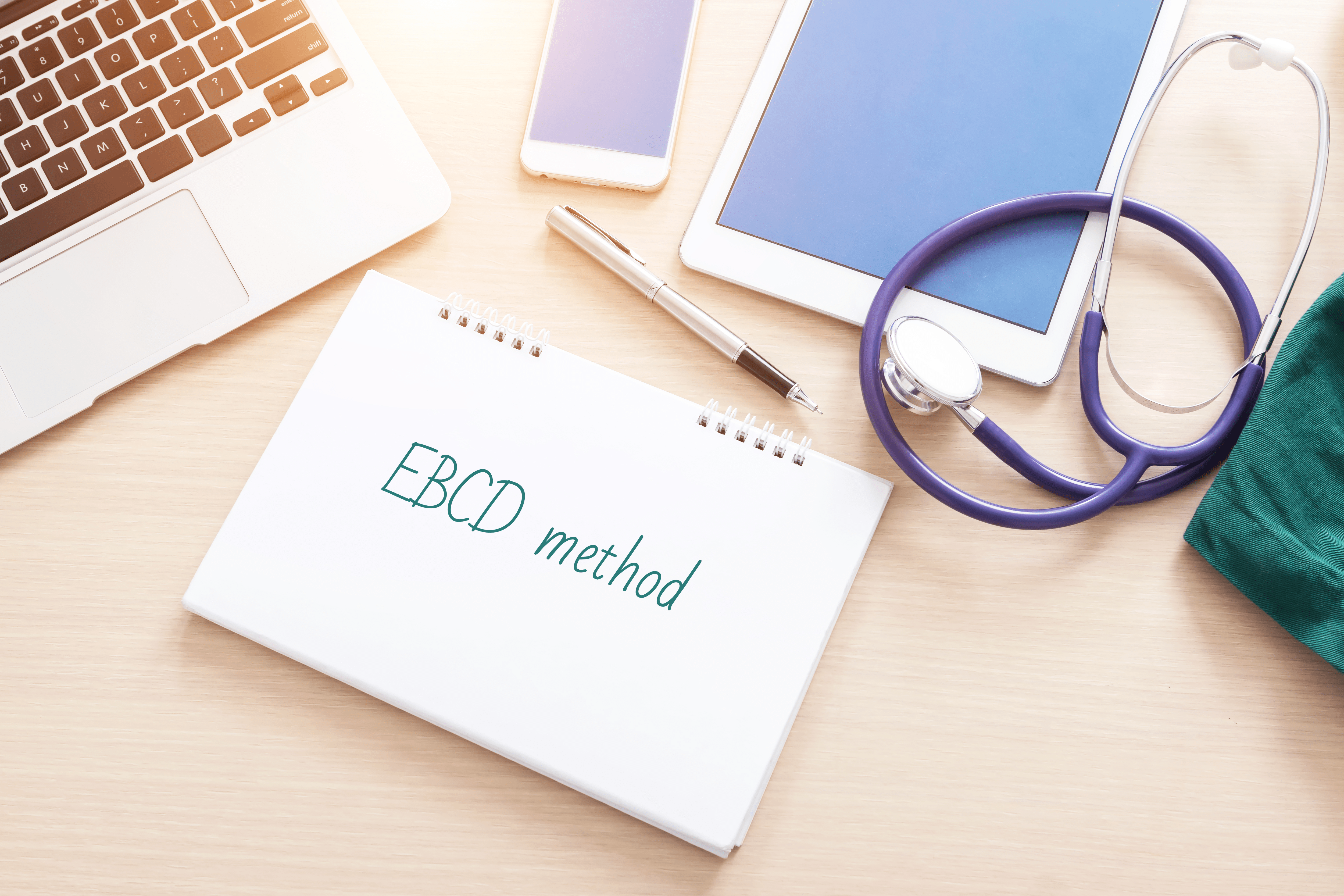
An approach to humanizing care, co-designed between patients and professionals
The Institute for Healthcare Improvement (IHI) presents a case study on the implementation of an experience-based co-design (EBCD) approach in the United States.
By studying the healthcare systems of other countries, innovative solutions can be available at the global level. To this end, the Commonwealth Fund, in collaboration with the Institute for Healthcare Improvement (IHI), aims to identify promising approaches to the health system abroad that can be transferred to the United States to improve the quality of care: this case study presents one of four selected innovations, studied in London, United Kingdom, in April 2016: the EBCD method.
Main principles of the EBCD method:
Experience-based co-design (EBCD) offers an approach to humanizing care, in which patients’ stories of their care experiences (positive and negative) suggest priorities and solutions that could not be imagined by people who are immersed in daily care services.
These shared experiences set in motion a process of change, where patients and staff sit around the same table to design, implement and test improvements to health care services.
For example, this could be a “co-design meeting” internship, in which a joint meeting with patients and staff is organised, during which staff watch a film on patients’ experiences. Mixed groups of patients and staff members share their experiences on the same service, and identify common priorities for improvement. Patients and staff volunteer to join specific co-design teams to design and implement service improvements.
Observed results of the EBCD method at the global level:
The EBCD method has been used in 60 projects in six countries to improve patient experiences and transform the culture, values and attitudes of health professionals.
The actions implemented following an EBCD approach have, for example, enabled:
- – A reduction in the number of complaints in a mental health service
- – An increase in the percentage of cancer patients who report being treated with respect and dignity
- – Increased awareness among emergency room staff of how care practices and environments affect patients
The actions carried out have resulted in the development of a freely accessible, concise and easy-to-follow online toolbox , which describes the principles of EBCD and includes case studies and links to resources.
A survey conducted by King’s College London in 2014 showed that the EBCD approach had a real effect on patient participation (90%) and staff participation (78%), allowed complex topics to be discussed in a supportive environment (63%), and clearly defined priorities for improvement (54%).
Capitalization of the American experience on the keys to success to implement an EBCD approach
- 1. Co-design for patients and professionals is an essential element of the EBCD method.
- 2. It takes six to twelve months to complete a full cycle of improvement.
- 3. An openness to work with uncertainty is required: organizations should anticipate that patient and staff involvement and need for support might change during the project.
- 4. Visualization of patients’ experiences is critical. Video is the easiest, quickest and most valuable approach to visualizing patients’ experiences. Films, which are an integral part of the EBDC approach, encourage patients and staff to collaborate during the co-design process.
- 5. The method requires an effective facilitator, who must be able to create a safe environment to discuss sometimes emotional events, as well as to reassure patients and staff if necessary.
- 6. The EBCD approach must align with the institution’s priorities and strategies; the method should be integrated into the broader framework of the organization’s quality improvement approach.
- 7. Institutions should start the process as a priority within teams or departments for which improvement needs are most expected.
Sources:
EBCD: Experience-based co-design toolkit. The Point of Care Foundation.




